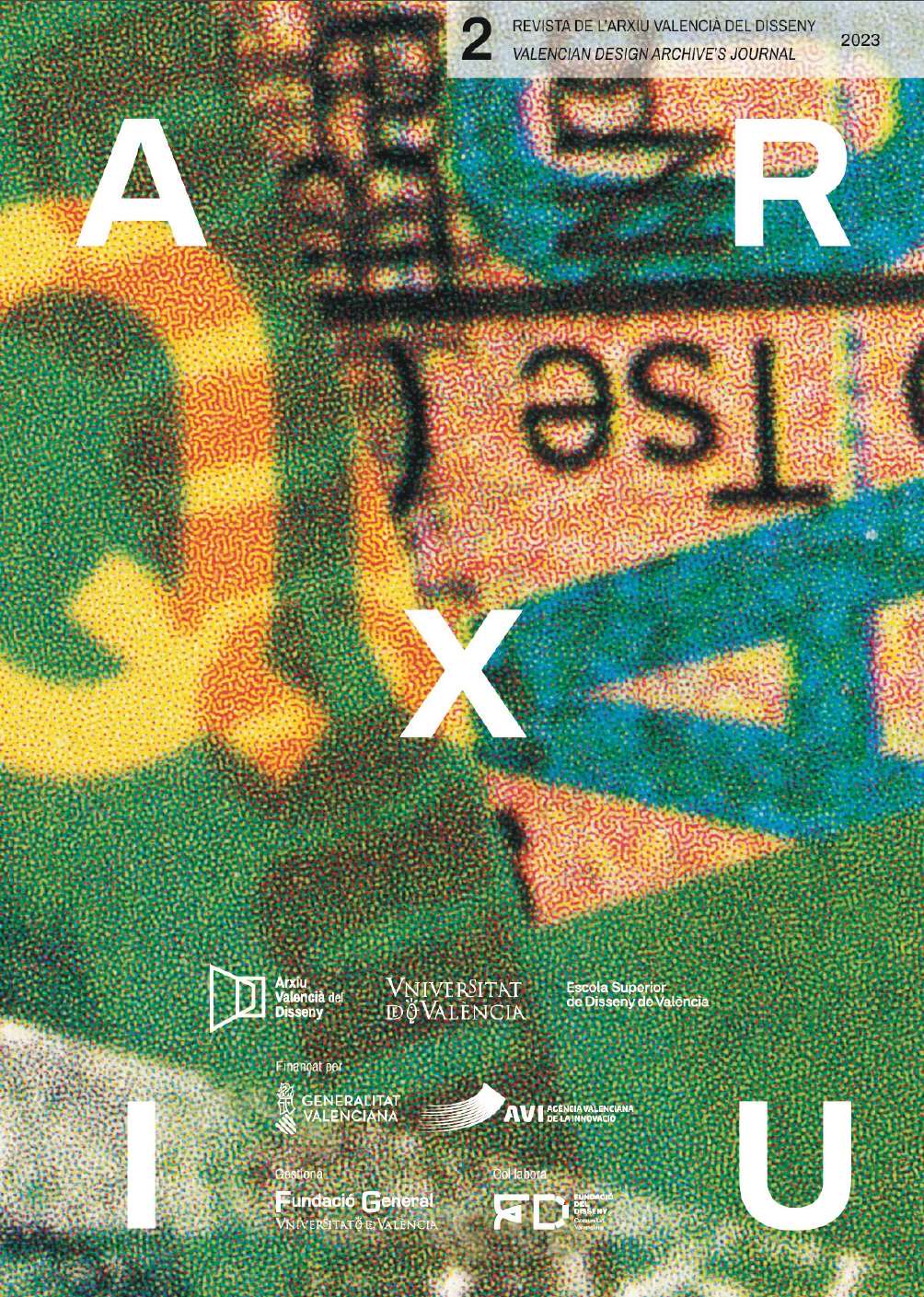Deep products; a multi-dimensional taxonomy of subtraction-by-design approaches
DOI:
https://doi.org/10.7203/arxiu.2.26442Keywords:
Pedagogy, ecology, deep products, subtractionism, extractionism Abstract
Abstract
This paper represents a continuation of research by the authors in the form of a preliminary meta-framework introducing Deep Products. Building from a survey specifically collected to address the rising concerns of the impact of design in ecological futures, this paper will present a multi-dimensional taxonomy of subtraction-by-design approaches. Based on our research findings, the authors underline a range of dimensions; Process (biological-mechanical-digital), enablers (independent-companies-governments), output (objects-services-initiatives), scale (person-house-city), rawness (biomass-carbon-plastic), achievements (negative zero-net zero-partial removal). In addition, we present two quadrants; one showcasing location —where the waste removal is placed in terms of the four fundamental earth elements (air, water, land, and social), and another quadrant placing interventions along two dominant interventional axes (social-technological, and pragmatic-speculative). Present and future work will be dedicated to implement subtraction-by-design in educational modules at the Royal college of Art, as well as testing and validating the multi-level taxonomy presented by expanding its database.
 Downloads
Downloads
Downloads
Published
How to Cite
-
Abstract136
-
PDF (Español)88
Issue
Section
License
This work is licensed under the Creative Commons Attribution - Non-Commercial - No Derivative Works (CC BY-NC-ND) license.



